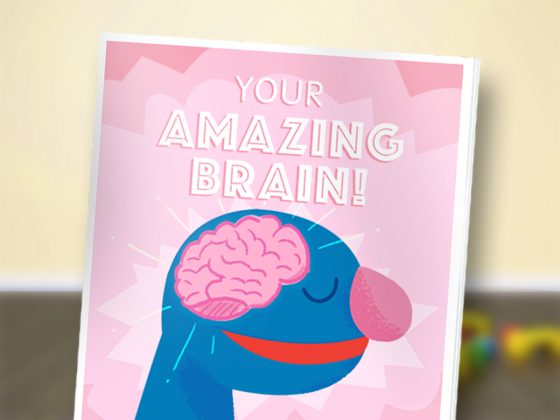
Your Amazing Brain
Grover helps explain our complicated, mysterious, amazing brains.
Written by Samantha Berger
Share Grover’s celebration of the body part that that makes everyone an amazing individual! After reading, consider:
- Remembering and recounting all the amazing facts Grover shares about our brains.
- Talking about ways we can build our brain power—reading, coloring, moving, talking, listening, playing games, and so on.
- Explaining that the brain is hungry! It’s the first of the body’s organs to absorb nutrients. Some foods that benefit kids’ brain function: salmon (for omega-3 fatty acids), eggs, peanut butter, whole grains, oats, berries, beans, colorful vegetables (think spinach!).
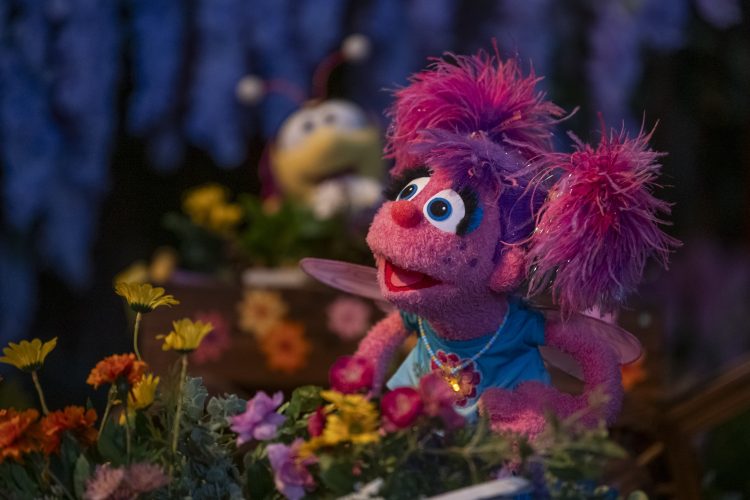
Watch and Play: Abby's Magical Beasties
Watch this episode and explore ways to extend the learning at home.

The Power of Following Children’s Lead
Joining children in their play offers so many opportunities to encourage, communicate, bond, spark and share joy, teach, show warmth and kindness, and help them thrive.
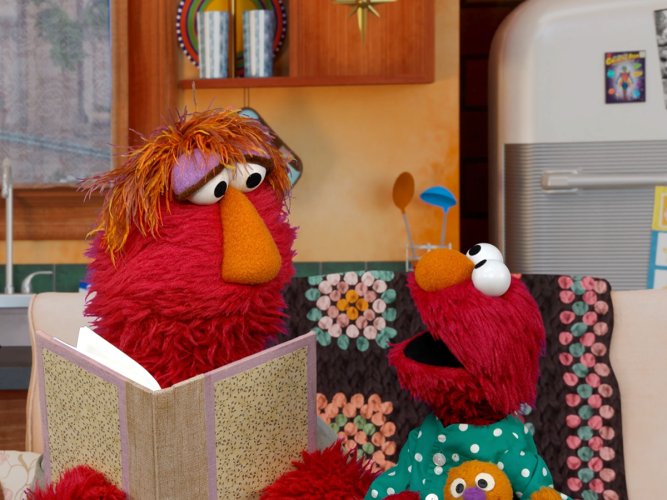
Go To Sleep, Elmo!
Handling a middle-of-the-night monster moment.
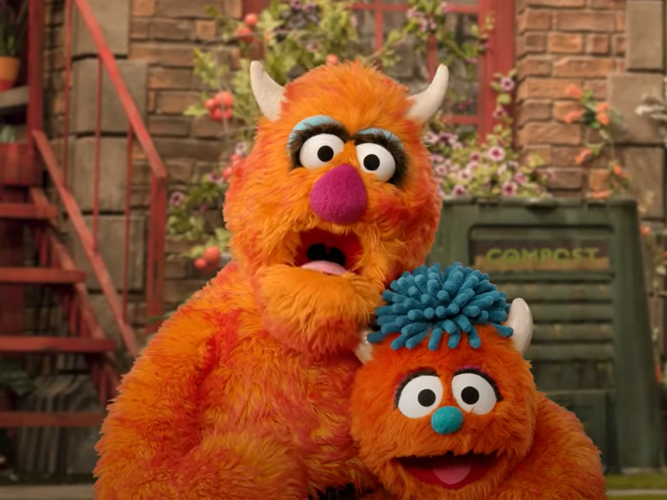
Monster Meltdown
Meltdowns happen… but they are somewhat predictable! As you try to handle them, curiosity and patience go a long way.
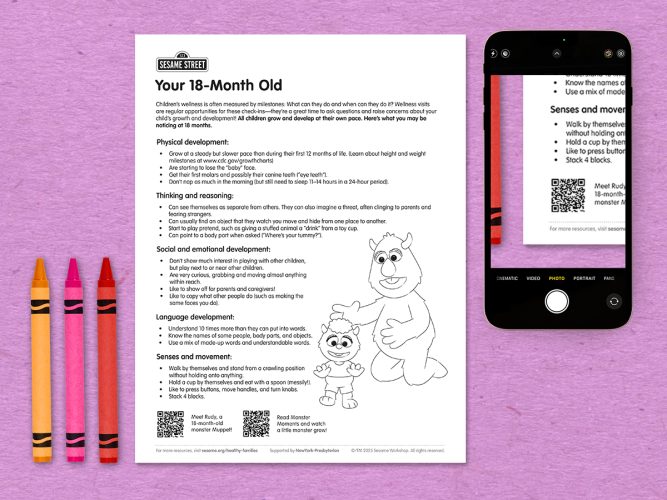
Milestones: Your 18-Month Old
All children grow and develop at their own pace; use this chart to guide your expectations and observations so you can talk to your child’s pediatrician about questions or concerns.
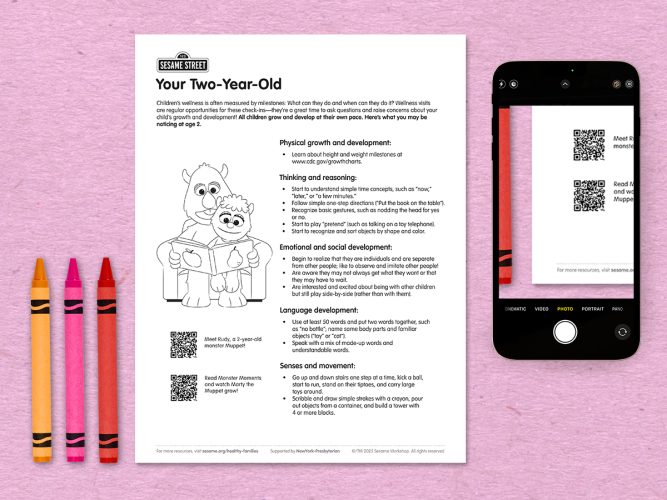
Milestones: Your Two-Year-Old
All children grow and develop at their own pace; use this chart to guide your expectations and observations so you can talk to your child’s pediatrician about questions or concerns.
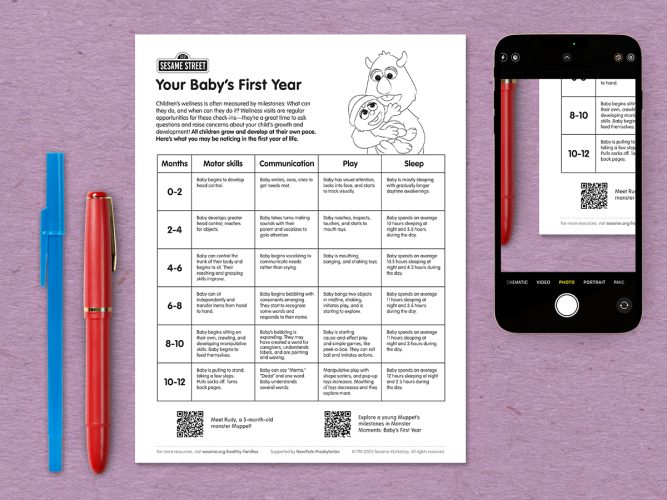
Milestones: Your Baby’s First Year
All children grow and develop at their own pace; use this chart to guide your expectations and observations so you can talk to your child’s pediatrician about questions or concerns.
